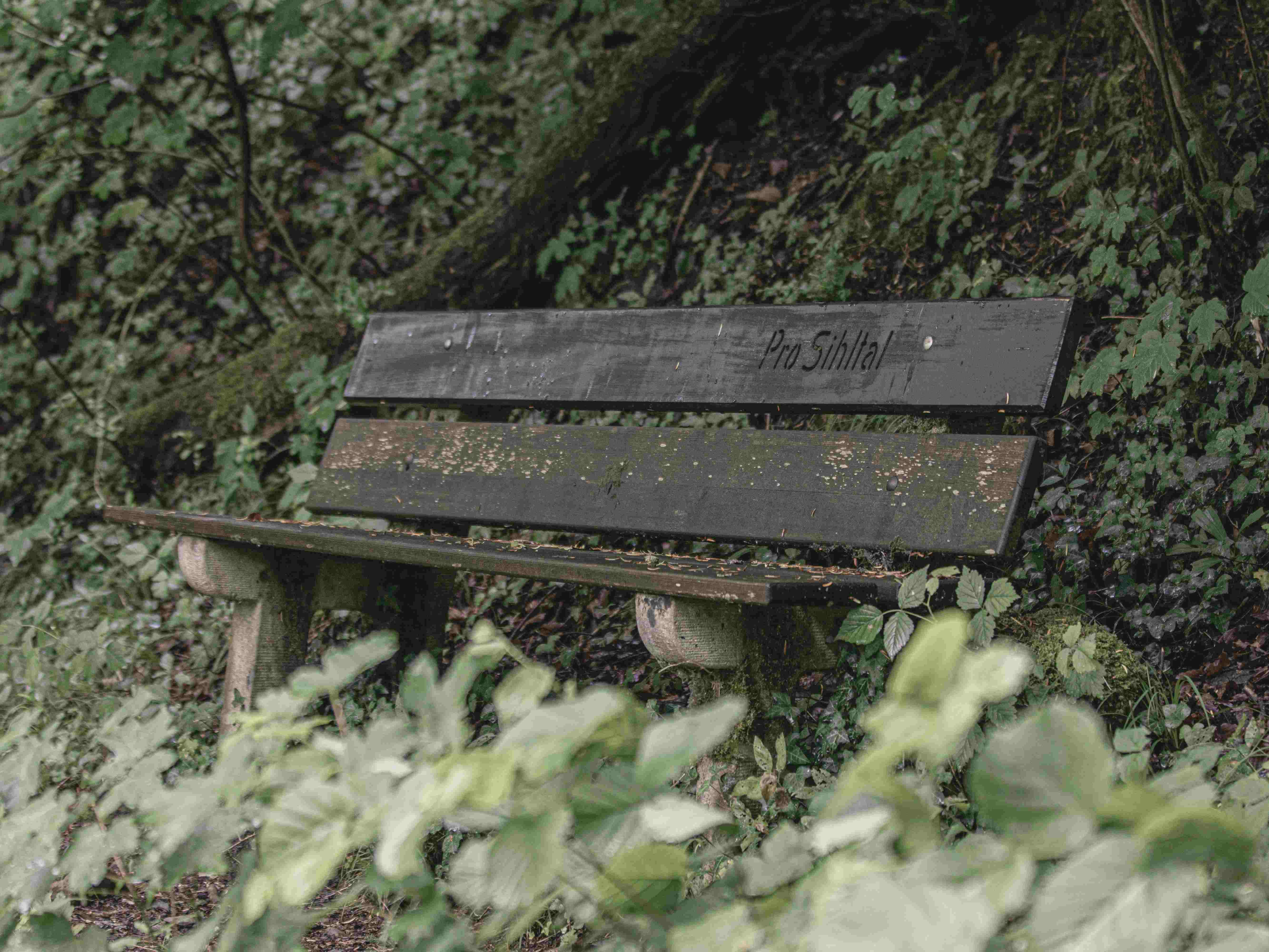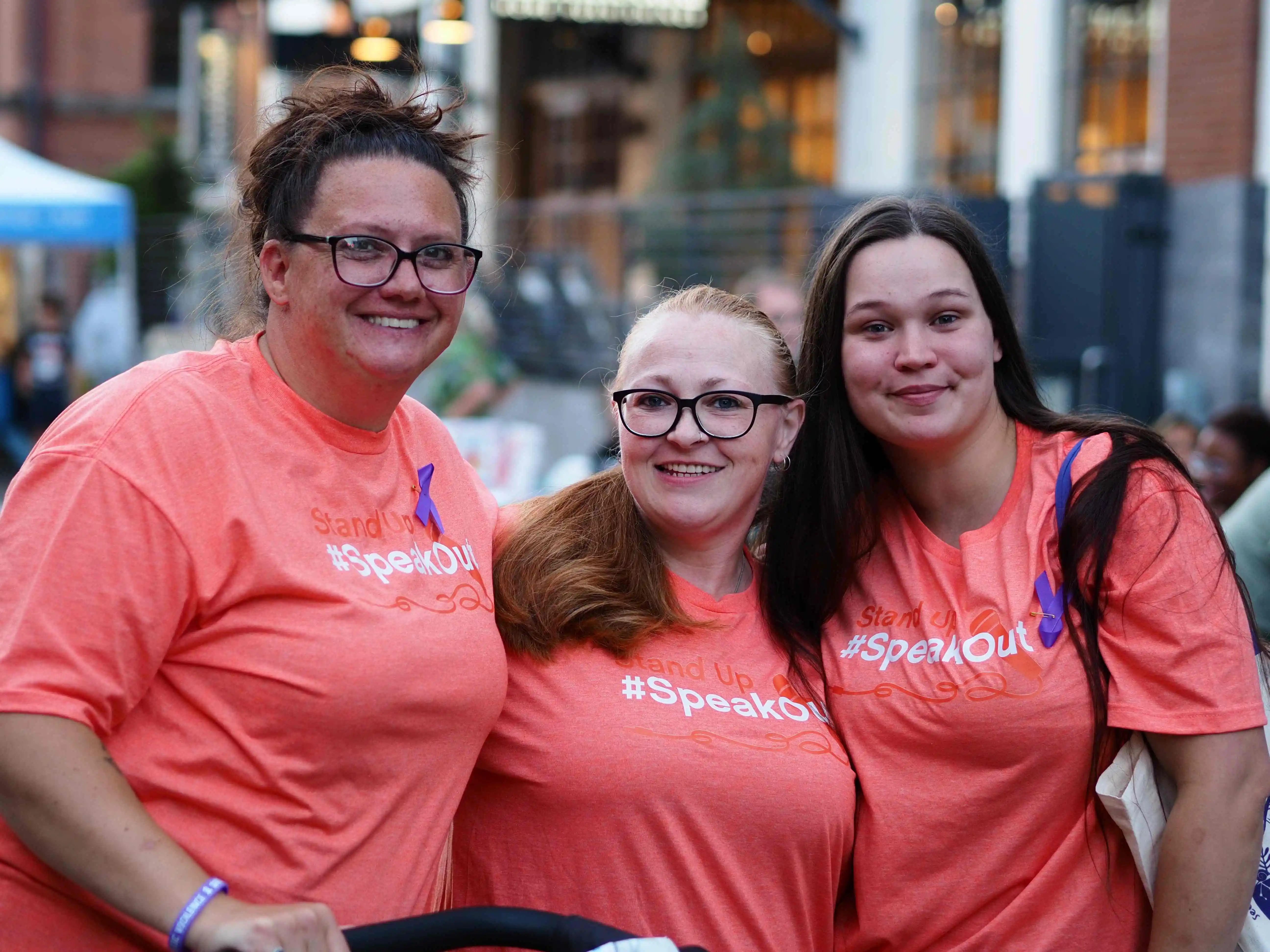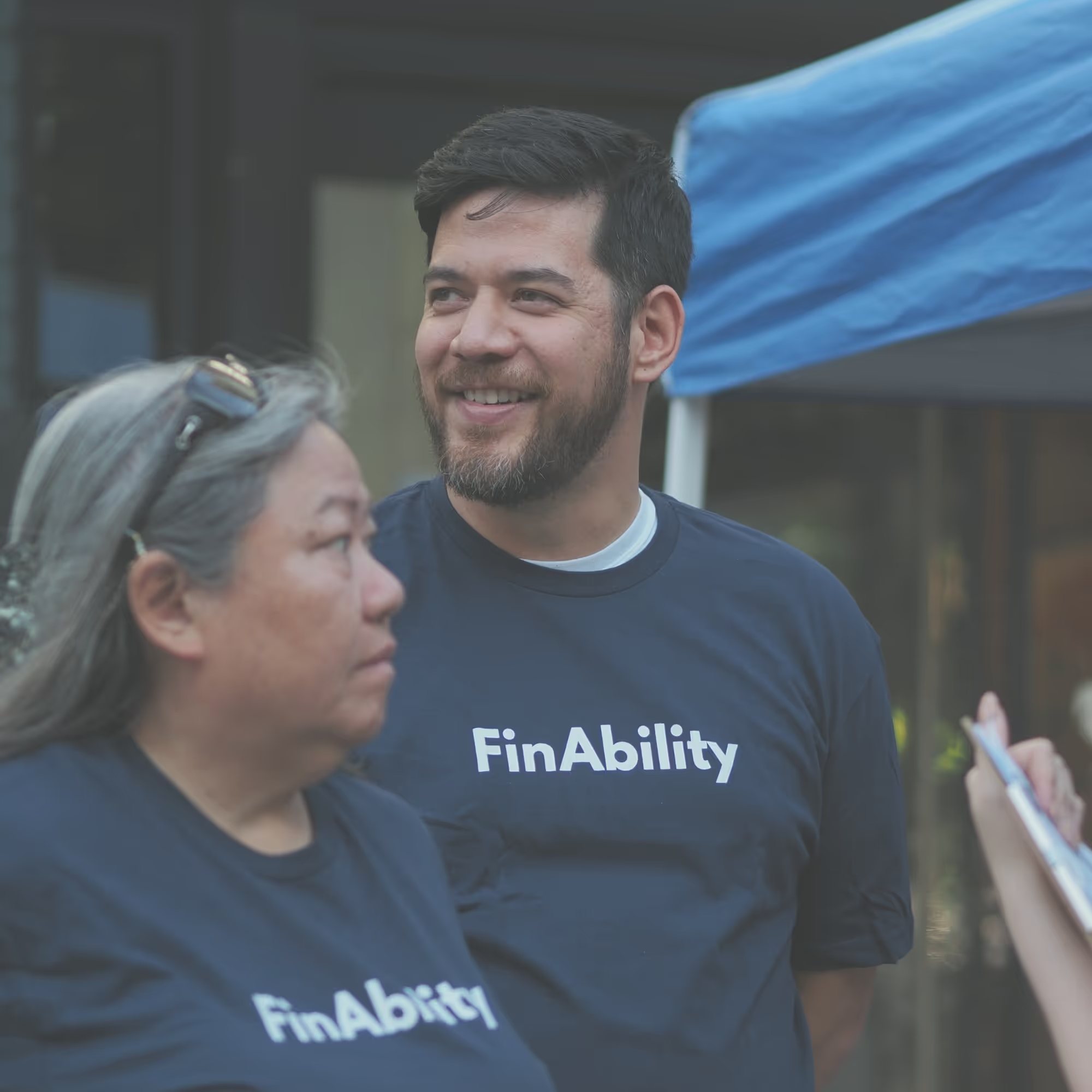Khi đang vật lộn với một mối quan hệ bạo hành, thật khó để tưởng tượng một cuộc sống không còn kẻ gây hại, chứ đừng nói đến một cuộc sống viên mãn và hạnh phúc. Tại FinAbility, chúng tôi tin rằng bạn không chỉ có khả năng thoát khỏi nỗi đau mà còn có thể phát triển mạnh mẽ sau khi làm được điều đó.
Bạn có thể phát triển mạnh mẽ sau khi vượt qua bạo hành. Vẫn còn hy vọng cho một tương lai tốt đẹp hơn.
Để chia sẻ niềm hy vọng này, hôm nay chúng tôi xin chia sẻ những câu chuyện ngắn của một vài người sống sót trong nhóm. Những giai thoại này là minh chứng cụ thể cho thấy làm thế nào để xây dựng một cuộc sống phong phú và ý nghĩa sau khi thoát khỏi sự lạm dụng tài chính.
Nhớ lại hành trình chữa lành của mình trước khi thoát khỏi kẻ gây hại, Ruhani, thành viên Ủy ban tư vấn người sống sót của chúng tôi, tiết lộ rằng cô đã chuyển sang kinh doanh bằng cách khởi nghiệp một doanh nghiệp thương mại điện tử nhỏ để "tạo không gian cho riêng mình" khi cô khao khát độc lập về tài chính.
Mặc dù "nhiều ngày và nhiều năm [của cô] đã trôi qua trong chế độ sinh tồn trong suốt cuộc hôn nhân", Ruhani tin rằng việc đạt được quyền lực kinh tế có thể hạn chế quyền kiểm soát của chồng cũ đối với cô và các con cô.
Suy ngẫm về những tổn thương mà mối quan hệ của cô đã gây ra cho mình, Ruhani cho biết rằng "sau nhiều năm bị đối xử [lạm dụng], [cô] đã nội tâm hóa cảm giác vô giá trị, và [cô] đã bị cô lập khỏi những người ủng hộ trong cuộc sống [của cô] như cha mẹ và chị gái [của cô]."
Mặc dù hành trình vươn tới sự tự chủ và chữa lành về mặt kinh tế của Ruhani còn dài và khó khăn, nhưng hiện tại, cô tràn đầy tự tin vào bản thân và khả năng phát triển của mình.
Ruhani cho biết: "Sự trao quyền về kinh tế đã khôi phục lại ý thức về phẩm giá và quyền tự chủ của tôi, cho phép tôi tự lựa chọn hướng đi và ý nghĩa cho cuộc sống của mình".
Một người sống sót khác, Keri, chia sẻ rằng khi cô chạy trốn khỏi kẻ ngược đãi mình mà không có gì ngoài bộ quần áo trên người, cô đã phải đối mặt với "một loại chấn thương khác".
"Tôi đã nghỉ việc cách đây 13 năm và vẫn chưa hoàn toàn hồi phục về mặt tài chính", Keri nói.
Mặc dù Keri thừa nhận rằng việc phục hồi sau khi bị lạm dụng tài chính không phải là một con đường thẳng tắp, nhưng cô đã thực hiện những bước giúp khôi phục sự tự tin và chữa lành những vết sẹo tình cảm trong mối quan hệ của mình.
Khi mới rời đi, Keri bắt đầu viết nhật ký như một cách an toàn để tập trung suy nghĩ và lấy lại sự tự tin.
“Khi bắt đầu viết nhật ký, tôi bắt đầu bằng những lời khẳng định đơn giản như 'Tôi không đáng bị ngược đãi như vậy' hoặc liệt kê những điều như '10 điều tôi yêu ở bản thân'. Theo thời gian, việc viết nhật ký đã giúp tôi tìm lại giá trị bản thân.”
Mất quyền tự chủ, bị tước quyền tài chính và thiếu tự tin là những thách thức đáng kể trong việc vượt qua bạo hành tài chính. Khi rời xa kẻ bạo hành, bạn có thể phải vật lộn với nỗi sợ hãi về việc chi tiêu hoặc quản lý tài chính.
Đối với Keri, khoảnh khắc đặc biệt có ý nghĩa là khi cô lần đầu tiên chi tiền mua một chiếc túi xách Fendi.
“Một trong những điều đầu tiên tôi làm khi rời đi là vung tiền mua một chiếc túi xách Fendi thời trang. Có thể lúc đó tôi cần tiền cho những thứ khác, nhưng cho đến tận bây giờ, chiếc túi đó vẫn tượng trưng cho sự tự do của tôi.”
Với Keri, việc mua sắm cho bản thân đồng nghĩa với việc cô lấy lại quyền kiểm soát cuộc sống. "Cái thời anh kiểm soát em và tiền bạc của em ấy ư? Hết rồi. Giờ thì em đã nắm quyền kiểm soát rồi", cô nói.
Cuối cùng, hãy nhớ rằng tình trạng lạm dụng có thể chỉ là tạm thời nếu bạn tập trung vào việc tạo ra tương lai mà bạn xứng đáng - cả về mặt tình cảm lẫn tài chính.
Lạm dụng tài chính rất khó vượt qua, nhưng nhiều người đã làm được và với sự hỗ trợ phù hợp, bạn cũng có thể làm được.
Truy cập www.finabilityus.org/ để biết thêm thông tin về các nhóm hỗ trợ, cố vấn tài chính 1:1 và các khóa học về kiến thức tài chính.
%20(2).svg)









